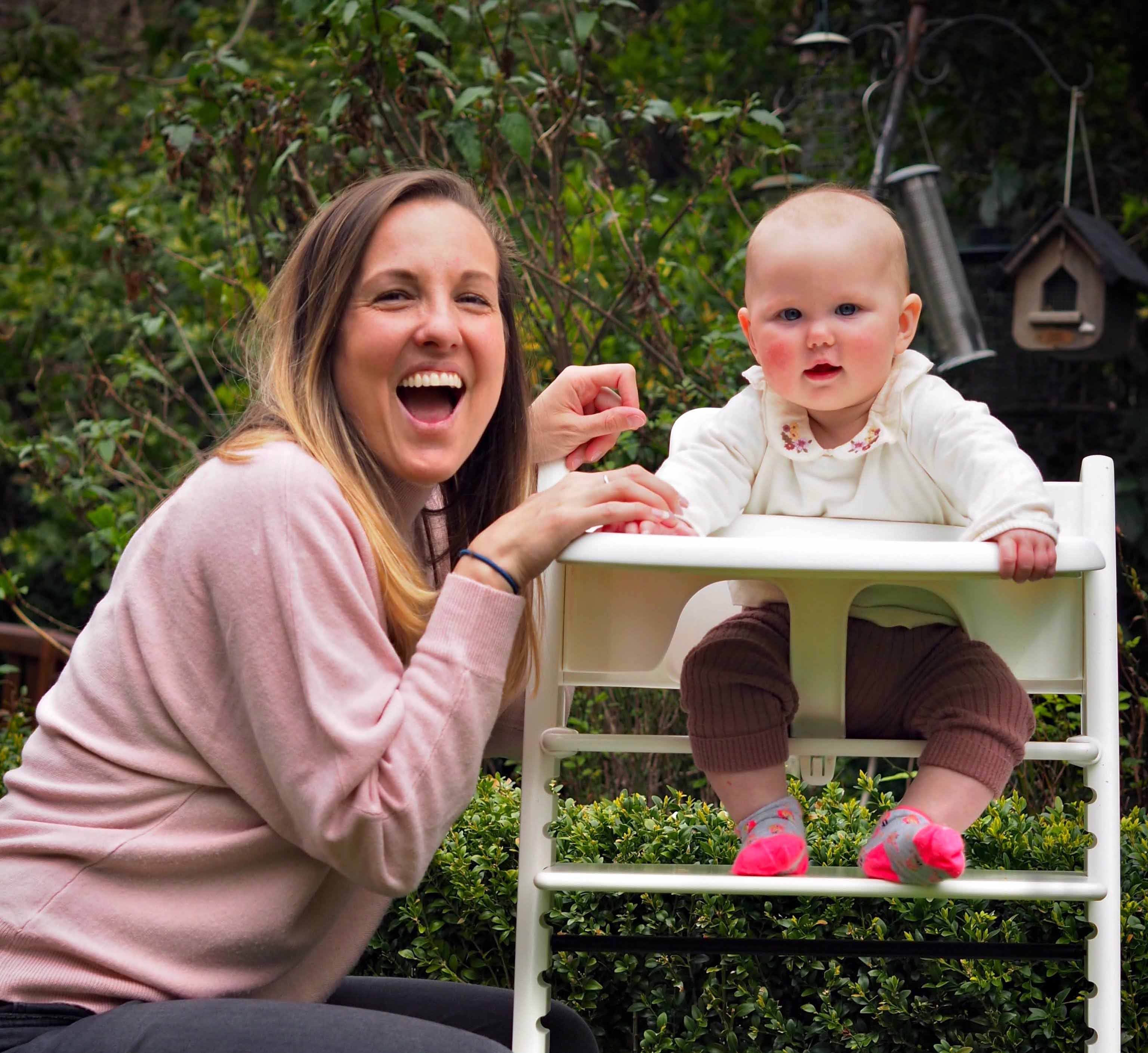 Vicki Ryan, University Counsellor, ACS International School Egham
Vicki Ryan, University Counsellor, ACS International School Egham
Applying to university is a big decision, but it does not have to feel like a daunting one. Vicki Ryan University Counsellor at ACS International School Egham has compiled five top tips to help your child create the perfect university application ahead of the UCAS application deadline at the end of January 2024.
Start early and do the groundwork
While the UCAS deadline is looming, it is vital to research into the variety of universities and courses on offer. There are more than 165 universities in the UK, all in different parts of the country, and all with a unique offering. I encourage all of our students and their families at ACS Egham to be open-minded, curious, and to go and visit as many universities as they possibly can. Your child may love the sound of a course in a university’s prospectus but the culture and atmosphere of the university and location is just as important, they are going to be spending at least three years of their lives there after all. Starting early, taking the time to research and embracing the journey is the best foundation for a perfect university application.
Look beyond the academics
Remember to look at the bigger picture and ensure that the university is the right fit for your child outside of academics. If, for example, they are off to study business and need to secure an internship or placement, what are the university’s links like with industry? Are there of local businesses in the area that excite them? If they love to play hockey, is there a team they can get involved with? University is so much more than just academics. Your child should feel fulfilled and be prepared for life after study.
Stand out from the crowd
Universities receive a lot of applications; the University of Cambridge, for example, receives roughly eleven applications per place in Economics so standing out is essential. Encourage your teenager to get involved in extra curricular activities that align with their university course subject of choice or enable them to follow a particular passion will help to differentiate their application. Volunteering, work experience and demonstrating leadership in a sport or art club holds a lot of weight and should all be included in a personal statement where possible.
Evidence, evidence, evidence
There could be some changes on the horizon when it comes to personal statements, but for now it is important to adopt a ‘show, don’t tell’ approach. A student might say that they love English, but what are they doing to demonstrates that passion? What does your child do that goes above and beyond classroom learning? For example, are they part of a reading club? Have they searched out work experience that relates to the subject? What projects and assessments have they chosen to complete and what independent research have they done for these? Don’t forget to be bold and talk about notable achievements too, after all, universities love evidence that students have demonstrated the skills or knowledge that is being referred to.
Get feedback
Getting feedback from teachers, friends and family on a personal statement is extremely important for students. Many of these individuals may have written a personal statement before and could be able to offer valuable support and advice. When giving feedback, remember to be encouraging and give constructive your feedback. This is likely the first time your teenager has had to write reflectively so encouragement and a little help along the way is crucial.




